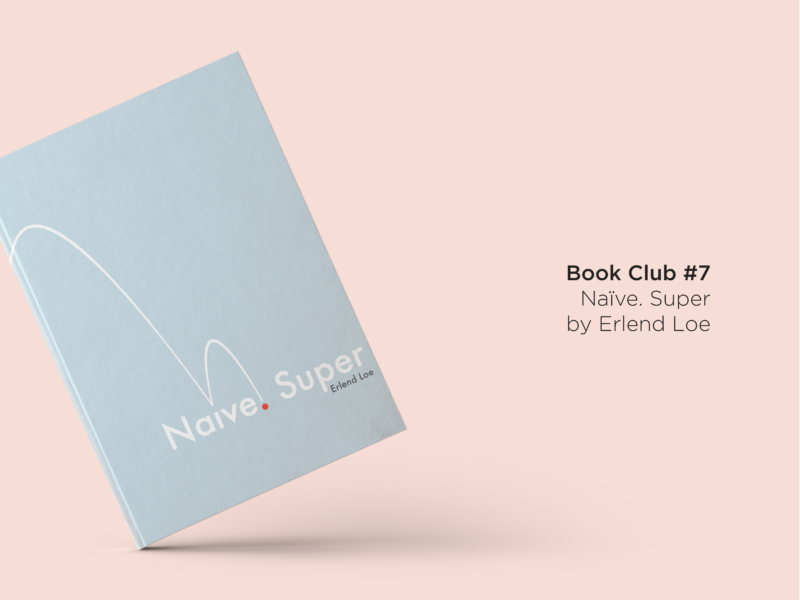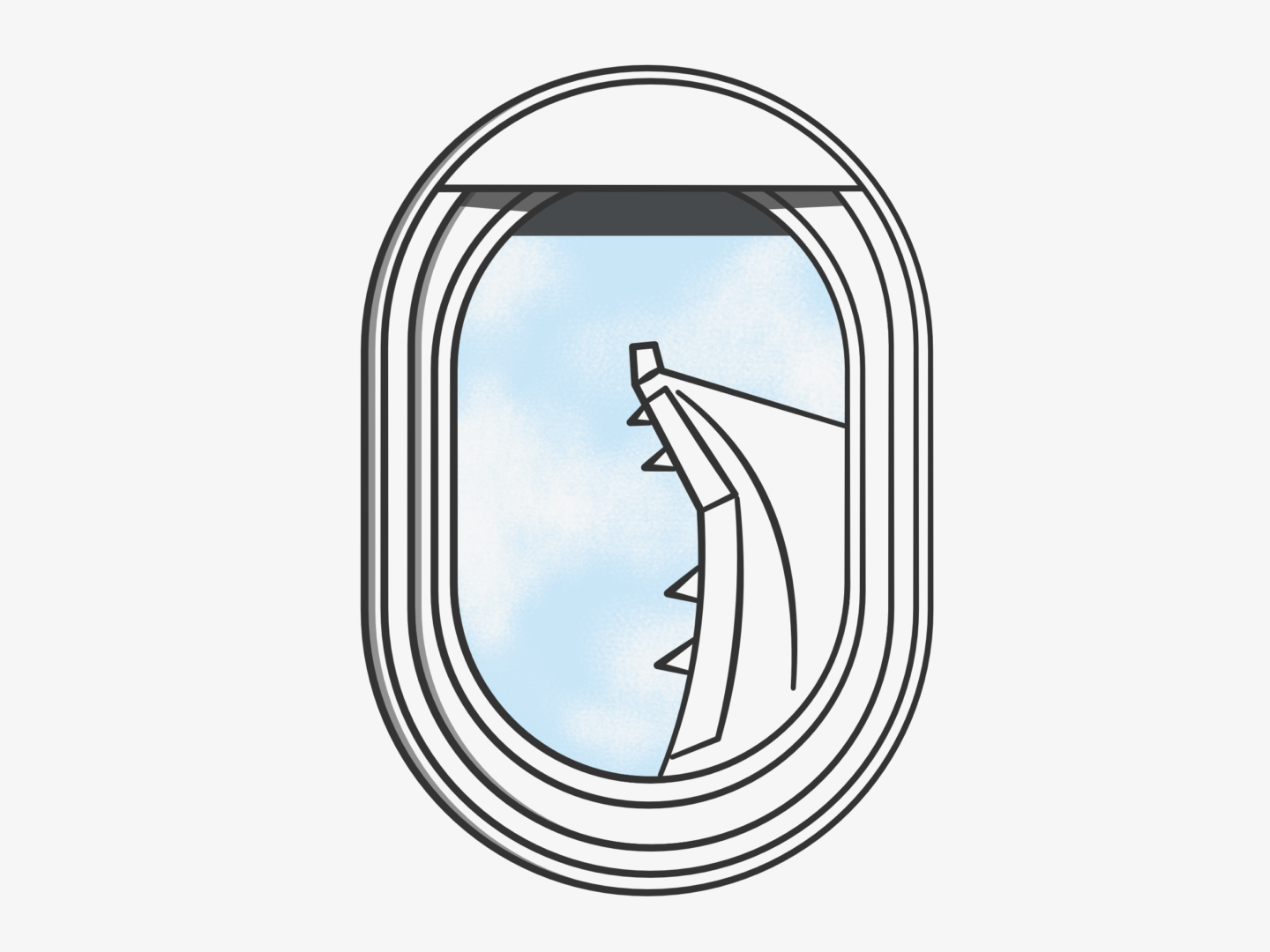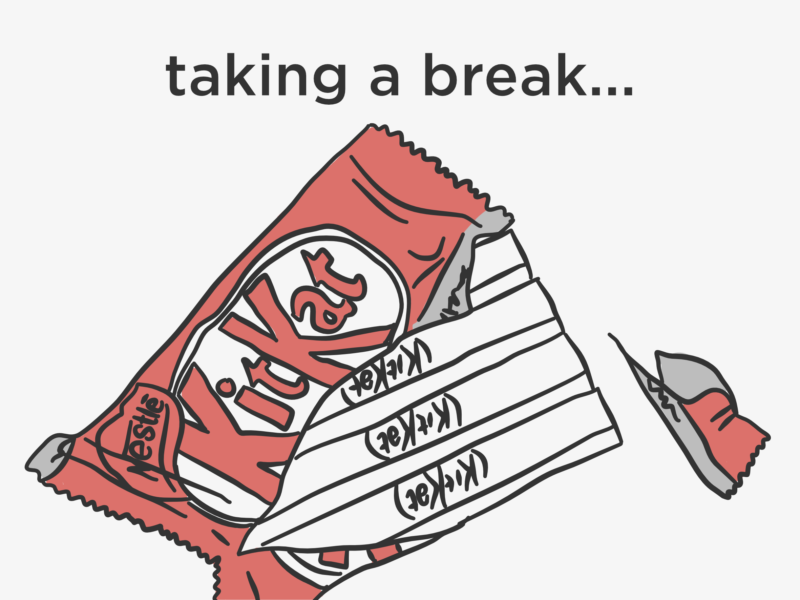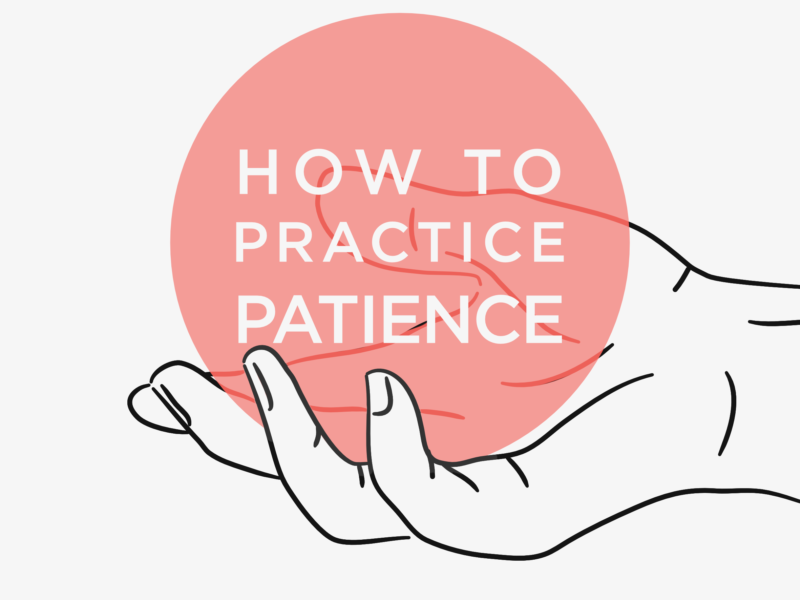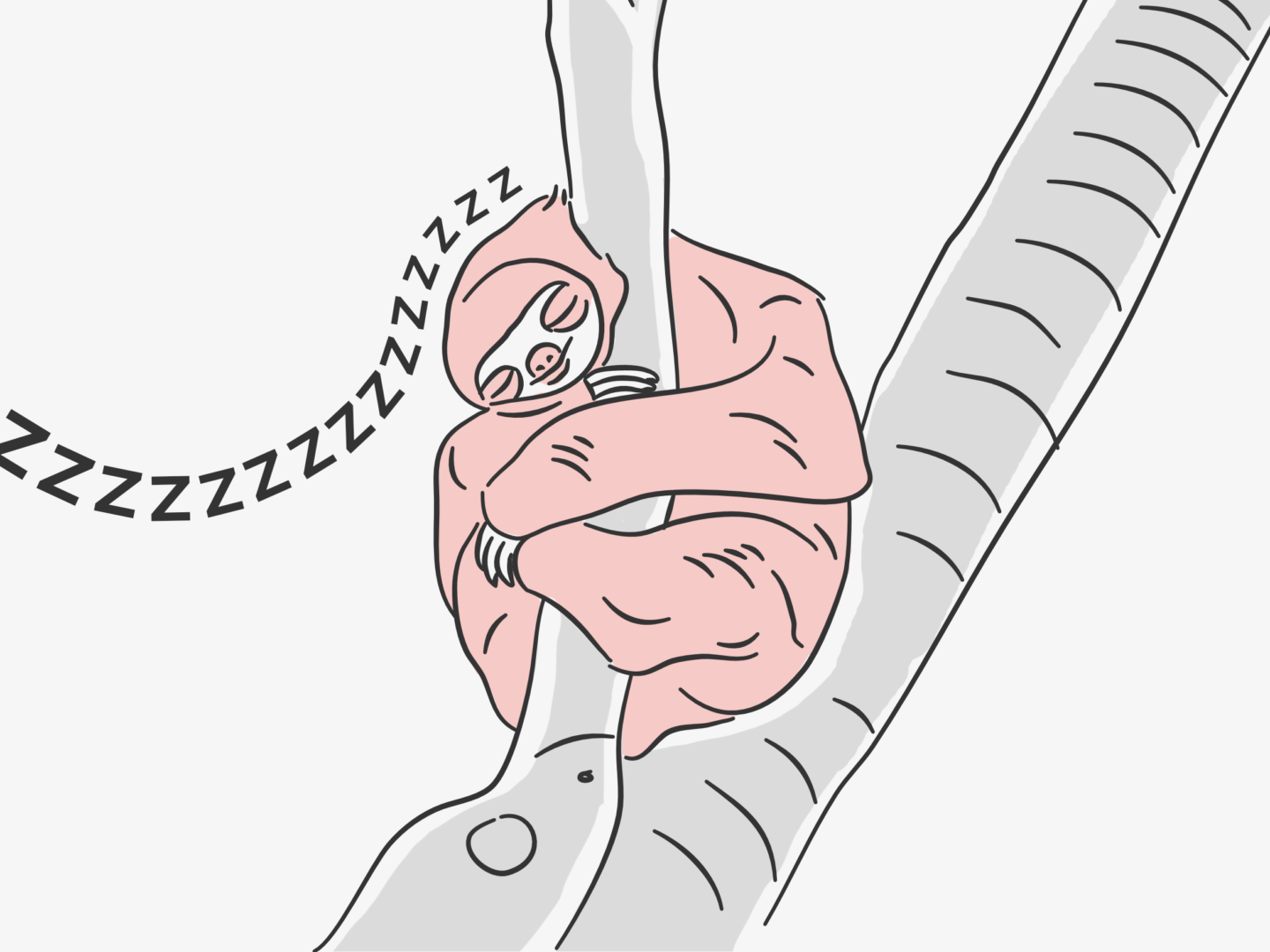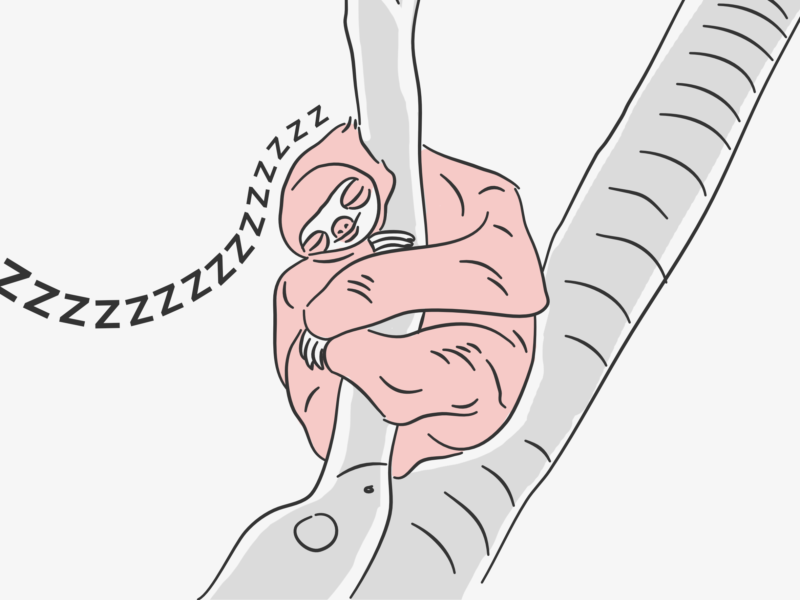I am not a natural networker. I don’t have a jazz hands personality. I think I might be allergic to small talk. But I like getting to know new people and having interesting conversations. It’s also a huge part of my job, so networking and presenting myself as confident, even I’m freaking out internally, is kind of unavoidable.
So, I thought I would share some of the things I’ve been doing, and that have been working when I’m in those situations. I’ve found that when I go into meeting someone new, or networking, and I feel (or at least seem) confident I get a whole lot more out of it and dare I say I actually enjoy it because I’ve made it into the situation I want it to be. It becomes less about small talk and more about having an engaging conversation and building a real connection with someone.
DO A LITTLE BIT OF PREP
I like to have an idea of things I can talk about before I go into a room. That can either be having a flick through the news, or a refresh of the topic of a talk or even mentally scrolling through my finest anecdotes. Don’t feel like you need to have a script, sometimes that can be more of a hindrance than a help. But, having a couple of fallback topics you can start or lead a conversation with can really help build your initial confidence and kill the “oh no what if I don’t have anything to say” demon.
SHAKE IT OUT
When I did my GCSE exams I had a ritual of pretending to be an octopus before I went in and shaking my limbs all over the place, and it really helped calm me down. Unfortunately, flailing around is frowned on in an office situation. So instead I like to have a little wander or a desk-bound boogie. Not only is this fun, and a great way to make you feel good. It also helps get rid of some of the excess cortisol (the chemical you produce when you’re stressed) your body is producing.
GIVE YOUR SHOULDERS A GOOD ROLL
In my quest to feel more confident in networking situations, I’ve read a lot and I kept reading “stand up straight”. That makes sense. It makes you look like a confident lil peacock which is wonderful. The only issue is I start to overthink it a bit, and then I’m less confident peacock and more uncomfortable wooden post. For me, what has worked is rolling my shoulders back when I walk into a room. I know this sounds weird, but you can’t help but to stand up straighter after you’ve done it and it means I’m not constantly telling myself not to slouch as I try to mingle.
ASK QUESTIONS
People like people who are interested in them. Fact. So be interested. Ask plenty of questions, about them and what they’re doing and follow up on things they’ve said. This will make the other person feel tip top and like a rock star, but it also takes the pressure off you having to say something really clever. Be the person who drives the conversation on, and you’ll feel much more in control.
STAND AT AN ANGLE
Standing at a slight angle (don’t turn your back on the person) really helps the whole eye contact situation so much. It allows you to give them eye contact when they’re speaking/you’re speaking but also look away so your don’t have to bore holes in their eyes with your laser-like stare without it being super uncomfortable/obvious.
FYI – I stole this from my boyfriend’s peer support training
SLOW DOWN
I don’t know about you, but when I get nervous I talk at approximately 300 miles an hour. Sometimes that’s fun. Most times it leaves me feeling more nervous because I trip over my words, and it leaves whoever I’m talking to completely bamboozled because they can’t understand my babbling. Try slowing down a little bit, it will make you seem and feel much more confident in what you’re saying. Take a little breath before you start and really pace yourself.
PS – it’s super hard to talk too slowly (unless you’re aiming for that slo-mo robot vibe) so don’t worry about going too far.
MAKE EVERYONE ELSE FEEL COMFORTABLE
I feel like a lot of other advice about seeming or feeling confident says not to focus on the other person, but I’m going to suggest doing the exact opposite. Put your energy into making the other people in the room feel comfortable. If you see someone else looking kind of awkward go and say hi. If you’re in a conversation make sure you’re really listening to what the other person is saying. If you’re giving a talk, keep it light and make your audience feel included. This does a few things. First, it means you stop focusing on how you’re doing and your own internal freakout. Second, if you’re focusing on the other person being comfortable you’re not worrying about if they think you’re funny or you’ve got broccoli in your teeth. Third, positivity breeds positivity, which means if the person you’re chatting to is comfortable and relaxed you probably will be too.
KNOW THAT EVERYONE ELSE IS PROBABLY FREAKING OUT TOO
This is a complete cliché, but it’s true. Everyone can get nervous, and uncomfortable, and a bit “ughghgh” when they have to present themselves. I have honestly had conversations with CEO’s, who I think are incredible speakers, who get just as nervous as anyone else. So don’t let it hold you back!
Do you have any top tips or secret techniques for feeling more confident and composed when you’re really not feeling it?

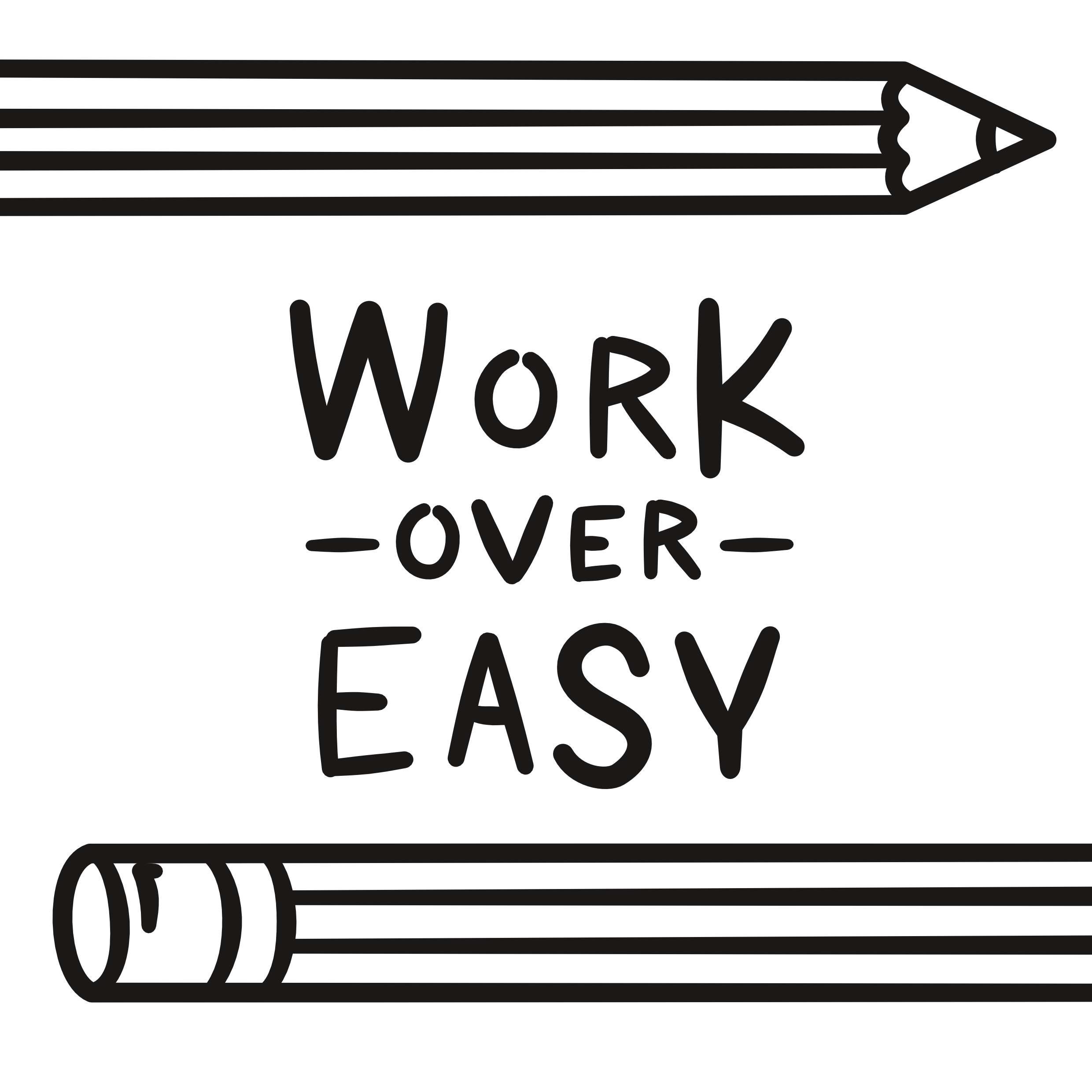
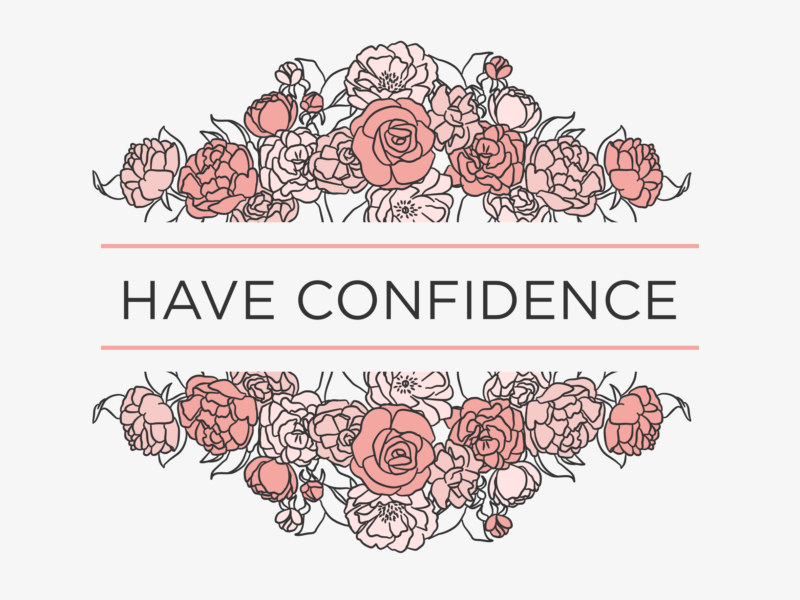
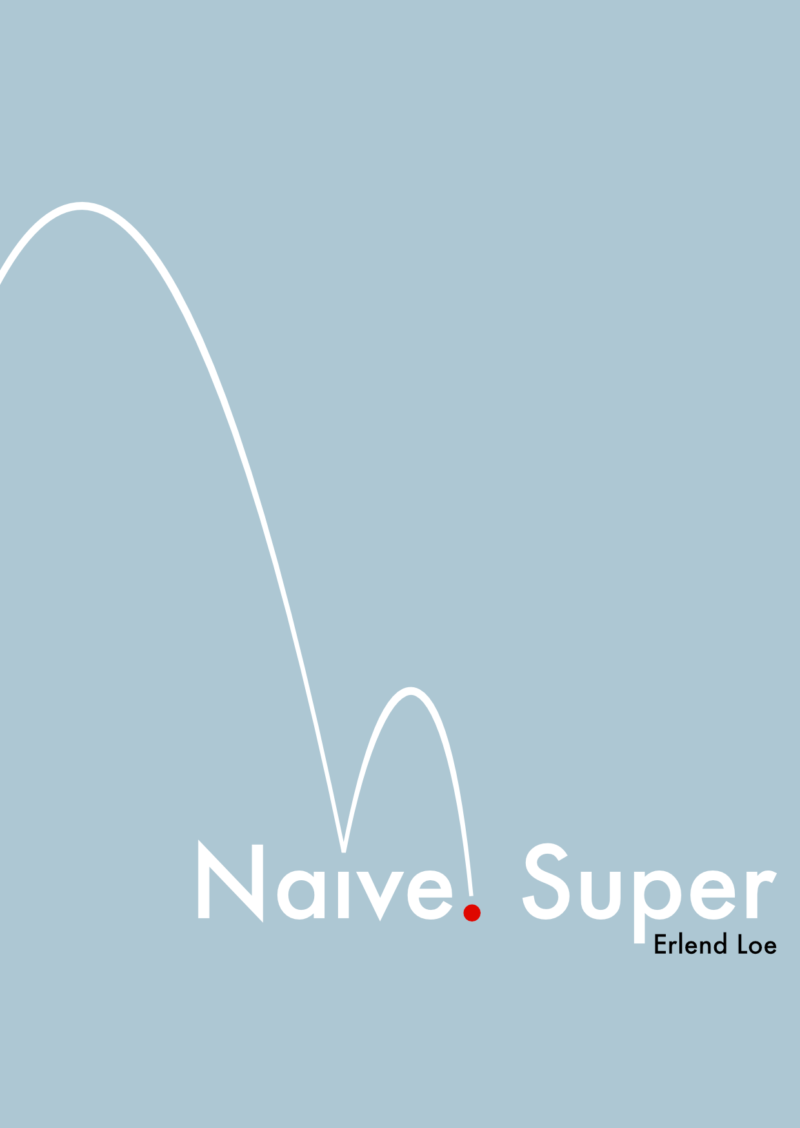
 SOME QUESTIONS TO PONDER AS YOU READ
SOME QUESTIONS TO PONDER AS YOU READ